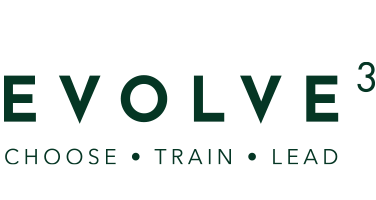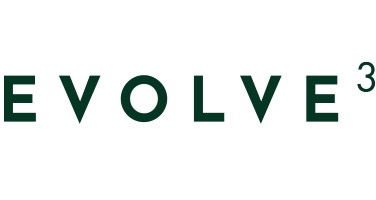
13 Jun Check-in with your team so they don’t check-out
When monthly check-ins are done consistently and to a high standard, the performance of your entire team improves, and many of the issues you face as a manager can be addressed quickly and painlessly.
Why bother checking-in?
The monthly check-in is one of the most effective ways to reduce unnecessary staff turnover. When a team member gets to have a one-on-one discussion with their manager in a safe environment, where they can share constructive feedback and have that feedback actioned, they’re much more likely to stay in that job for longer. In addition, when a person has the chance to learn, improve and develop in a job, they’re less likely to leave because they’re getting their development needs met. When you reduce staff turnover, everything in your business gets done to a higher standard because the team are more experienced and trained to a higher level.
Monthly check-ins provide the link between what you want as a manager, which is improved staff performance and productivity, with what your staff want which is praise, recognition, encouragement, and motivation.
Check-ins are an excellent way to keep your staff motivated, as well as identify what training they need to keep them productive and engaged. They also provide a regular opportunity to harvest ideas and intellect from your staff. Your staff will have all sorts of great ideas about how things can be done better, faster, cheaper or more efficiently. They’ll relish the chance to share their ideas and feel a great sense of pride and satisfaction when their ideas are turned into action.
Because monthly check-ins are an excellent way of driving the training and development of your team, succession planning becomes easier. A good succession plan is about having a plan B in place for all the key roles in your business. That means having more promotable people and a business that’s ready to grow gracefully.
Monthly check-ins enable managers to deal with staff performance issues early, so they don’t fester and become bigger problems down the track.
How to get the most benefit from monthly check-ins
When you prepare feedback for a team member, get their position description in front of you and ask yourself: Based on this position description, what does this person do well, and what do they need to improve? Referring to the position description helps keep your feedback objective, based on agreed performance standards, rather than subjective opinions.
Prepare the environment for the check-in by ensuring you have a location which is private and free from interruptions. Also ensure that you allow enough time – 30 to 45 minutes should be plenty.
Keep it positive. On balance there should be more positive reinforcement, praise, recognition and encouragement than complaint counselling and discipline.
Focus on responsibilities rather than tasks. For example, when discussing an area for improvement with a kitchen hand, rather than focus on a task such as mopping the floor, focus on the overall ongoing responsibility of cleanliness and hygiene in the kitchen.
When you give feedback, whether it’s about positive performance or an area for improvement, make sure you give specific examples. Your staff must be able to relate to what you’re talking about. Citing specific examples helps a person understand the relationship between the feedback and their responsibilities outlined in the position description.
Agree on measurable actions. The rule of thumb is that for each area of improvement discussed during a check-in, a performance target should be negotiated, and a commitment should be made. It must be crystal clear who is responsible for making the improvement, how that improvement will be measured and what the deadline is.
From time to time a team member may deliver some constructive feedback to you that you find confronting. It’s critical that you don’t get defensive or argumentative when this happens. If a person doesn’t feel safe to deliver constructive feedback, they may not open up and tell you how they really feel. If that happens, you’ll miss a lot of important and useful information that will help you become a more effective leader.
Monthly check-ins are a great opportunity to bond with your staff and build a relationship based on trust and respect. Make sure you’re honest, accurate and disciplined in your communication.
The monthly check-in is the foundation of a healthy communication culture in a business and it’s the first HR system we help business owners install. It’s one of several leadership communication techniques we train that are designed to improve operating standards and profitability. To learn more about these techniques, consider the 2-day How to Lead workshop which we host regularly in Melbourne. To talk to someone about evolving your hospitality business, get in touch.



